Explore a comprehensive guide to 42 inpatient, 73 outpatient, and 30 detox centers across Rhode Island. Compare costs, reviews, and treatment options to find the perfect rehab facility for your needs.

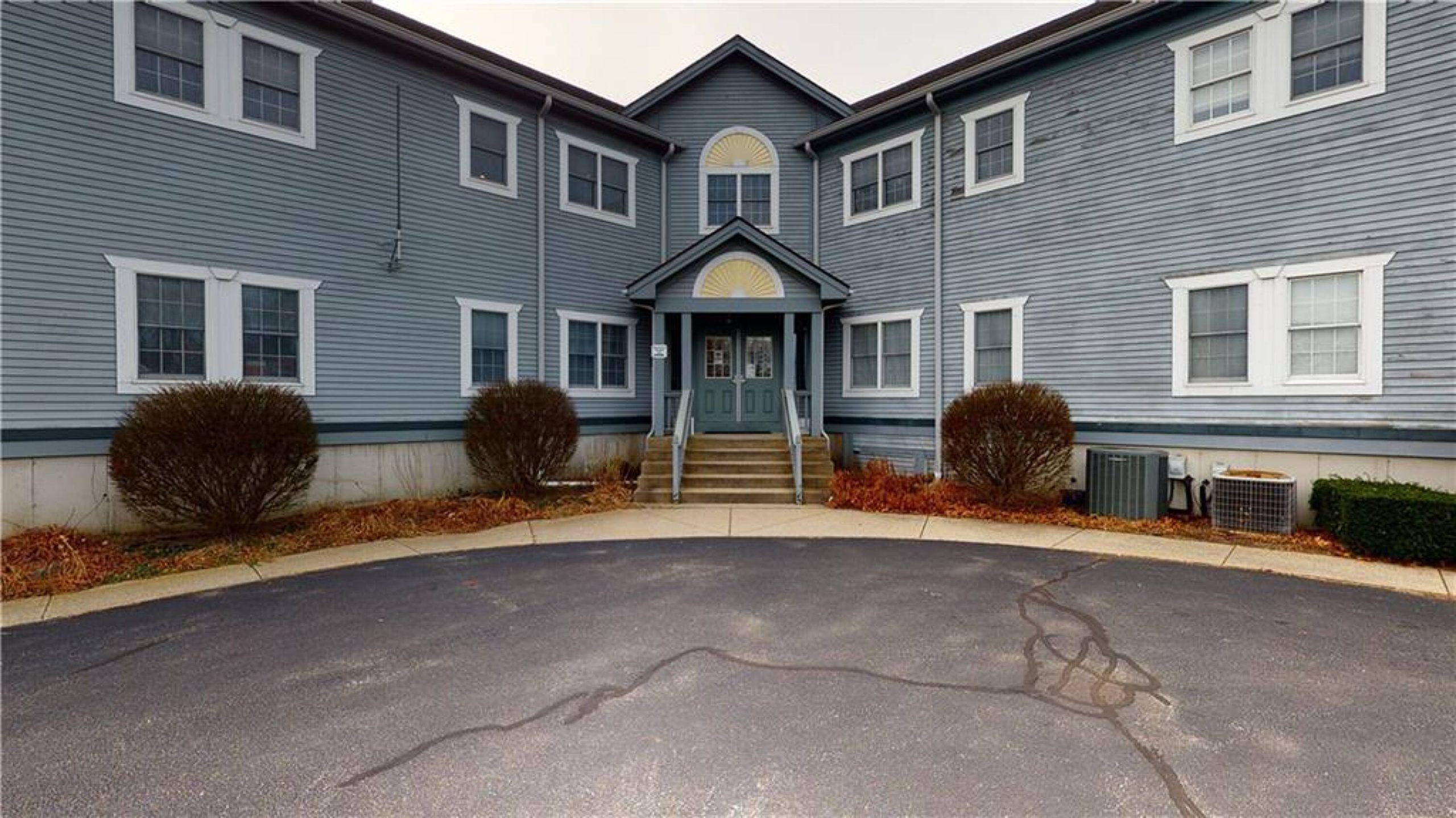 | Adams Jerome CounselorAdams Jerome Counselor, located at 320 Phillips Street N, North Kingstown, RI 02852, offers professional counseling services focused on supporting individuals through personal challenges and mental health issues. With a commitment to providing compassionate care, Adams Jerome utilizes a range of therapeutic approaches tailored to meet the unique needs of each client. Whether addressing anxiety, depression, relationship issues, or other life challenges, the counseling services aim to empower individuals to achieve emotional well-being and personal growth. Explore the supportive environment at Adams Jerome Counselor and take the first step towards a healthier mindset. 320 Phillips Street N, North Kingstown, RI 02852 | Levels of Care:outpatient Payment Options:Self-Pay Options | ||
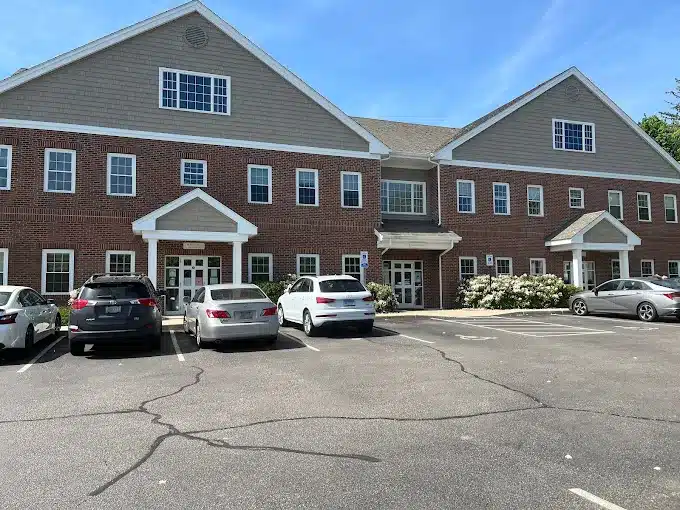 | AdCare Outpatient FacilityAdCare Outpatient Facility is a recognized addiction treatment center that offers comprehensive outpatient services for individuals struggling with substance use disorders. The facility is part of AdCare Hospital, which has a long-standing reputation for providing quality addiction treatment and recovery services.Key Features: 1. Outpatient Treatment: Flexible Care Options: Provides outpatient programs that allow clients to receive treatment while maintaining their daily responsibilities, such as work or family care. 2. Comprehensive Services: Individualized Treatment Plans: Develops personalized treatment plans tailored to the unique needs of each client, addressing various substance use issues. 3. Experienced Staff: Qualified Professionals: Staffed by a team of licensed professionals, including counselors, therapists, and medical personnel, dedicated to supporting clients through their recovery journey. 4. Group Therapy: Supportive Environment: Offers group therapy sessions that foster peer support and shared experiences, helping individuals feel less isolated in their struggles. 5. Aftercare Services: Continued Support: Provides aftercare programs to ensure clients have ongoing support and resources as they transition from treatment back into their daily lives. Conclusion: AdCare Outpatient Facility in Smithfield, RI, is committed to providing effective and supportive outpatient addiction treatment. With a focus on individualized care and a team of experienced professionals, the facility aims to help clients achieve lasting recovery. 600 Putnam Pike Suite 7, Greenville, RI 02828 | Levels of Care:outpatient Payment Options:Military Insurance Private Insurance Self-Pay Options Financial Aid | ||
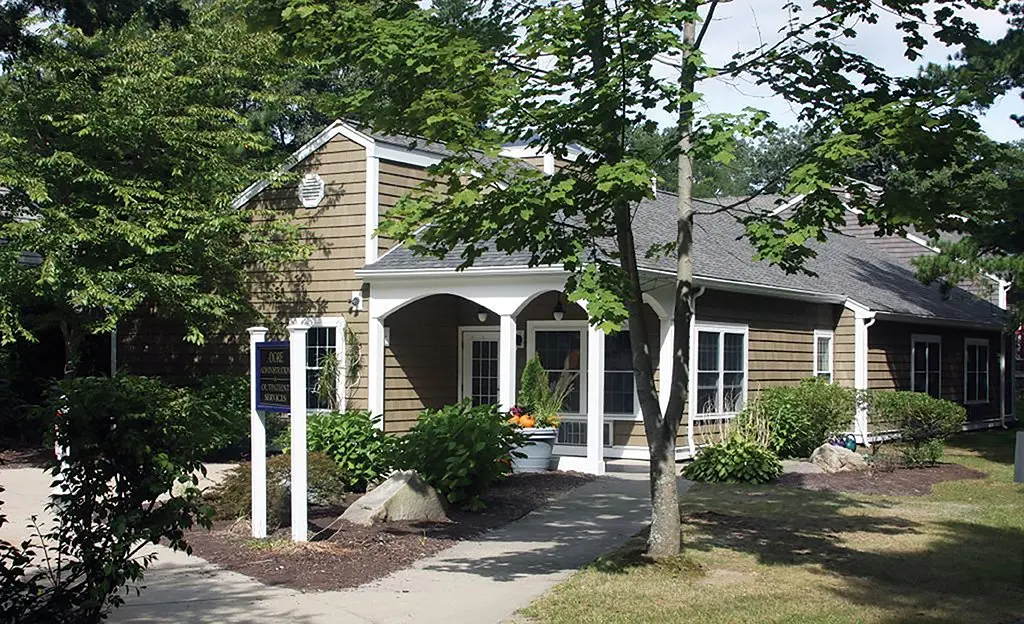 | AdCare Rhode IslandAdCare Rhode Island is a detox center that provides a variety of services aimed at supporting individuals in their recovery journey. The center specializes in detoxification programs designed to help those struggling with withdrawal symptoms as they begin their path to recovery from substance use disorders.Key Features: 1. Detoxification Treatment Program: Withdrawal Management: Offers a structured detox program that focuses on safely managing withdrawal symptoms, ensuring individuals are supported during this critical phase of recovery. 2. Comprehensive Services: Integrated Addiction Treatment: Provides a range of addiction treatment programs that may include individual counseling, group therapy, and educational workshops, all designed to support recovery. 3. Supportive Environment: Focus on Recovery: The facility emphasizes creating a supportive and compassionate environment for individuals as they undergo detox and begin their recovery journey. 4. Experienced Staff: Qualified Professionals: Staffed by a team of healthcare professionals experienced in addiction treatment and recovery, ensuring that individuals receive high-quality care tailored to their needs. 5. Continuity of Care: Aftercare Planning: Works with individuals to develop aftercare plans that help maintain sobriety and support ongoing recovery once the detox program is completed. Conclusion: AdCare Rhode Island in North Kingstown offers essential detoxification services for individuals facing withdrawal from substance use. With a focus on comprehensive support and recovery, the center aims to empower individuals as they take the important first steps toward lasting sobriety. 1950 Tower Hill Rd, North Kingstown, RI 02852 | Levels of Care:InpatientoutpatientIntensive Outpatient (IOP)Medically Assisted Detox Payment Options:Medicaid Private insurance Self-Pay Options Financial Aid Military Insurance | ||
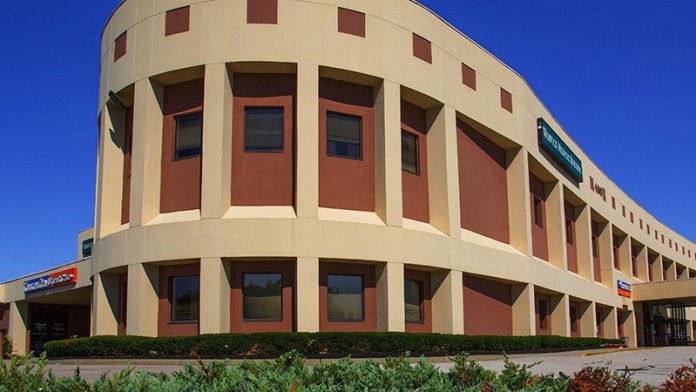 | AdCare: Warwick,RIAdCare, located at 400 Bald Hill Road in Warwick, RI 02886, is a leading provider of comprehensive addiction treatment and recovery services. Committed to helping individuals and families overcome the challenges of substance abuse, the center offers a wide range of evidence-based programs, including detoxification, inpatient rehabilitation, outpatient therapy, and aftercare support. With a team of experienced professionals, AdCare creates a supportive and nurturing environment where clients can develop the tools and resilience needed for long-term sobriety. Discover the transformative resources available at AdCare and take the first step towards a life free from addiction. 400 Bald Hill Rd Ste. 517, Warwick, RI 02886 | Levels of Care:outpatient Payment Options:Medicaid Private insurance Self-Pay Options Medicare Military Insurance | ||
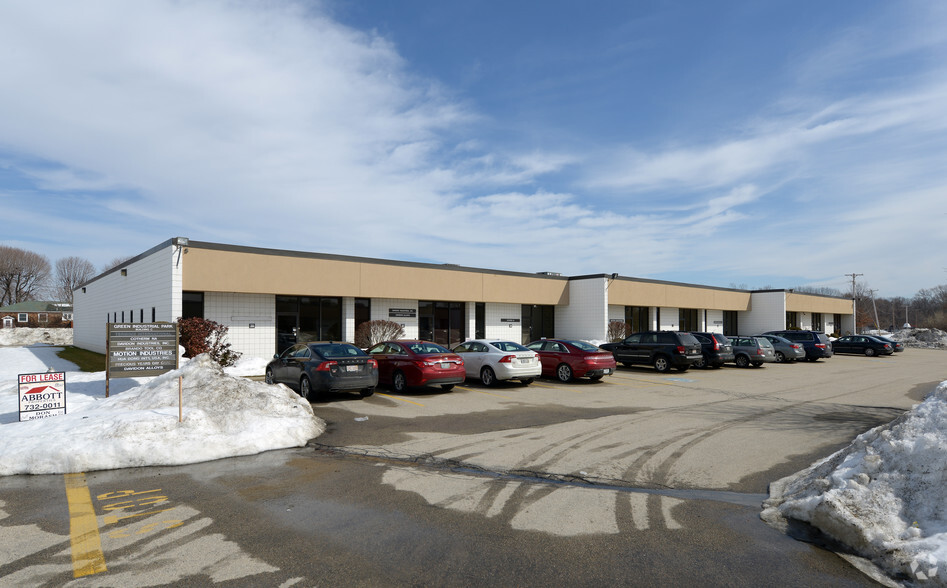 | Addiction Recovery Institute SouthAddiction Recovery Institute South, located at 205 Hallene Rd, Warwick, RI 02886, is dedicated to providing personalized addiction treatment services tailored to meet the unique needs of each individual. The institute offers a range of evidence-based programs, including outpatient treatment, counseling, and support services designed to help clients overcome substance use disorders. With a compassionate and experienced team, Addiction Recovery Institute South focuses on creating a safe and nurturing environment that fosters healing and long-term recovery. Explore the comprehensive treatment options available and take the first step towards a healthier, addiction-free life. 205 Hallene Rd, Warwick, RI 02886 | Levels of Care:outpatientMedically Assisted Detox Payment Options:Medicaid Private insurance Self-Pay Options | ||
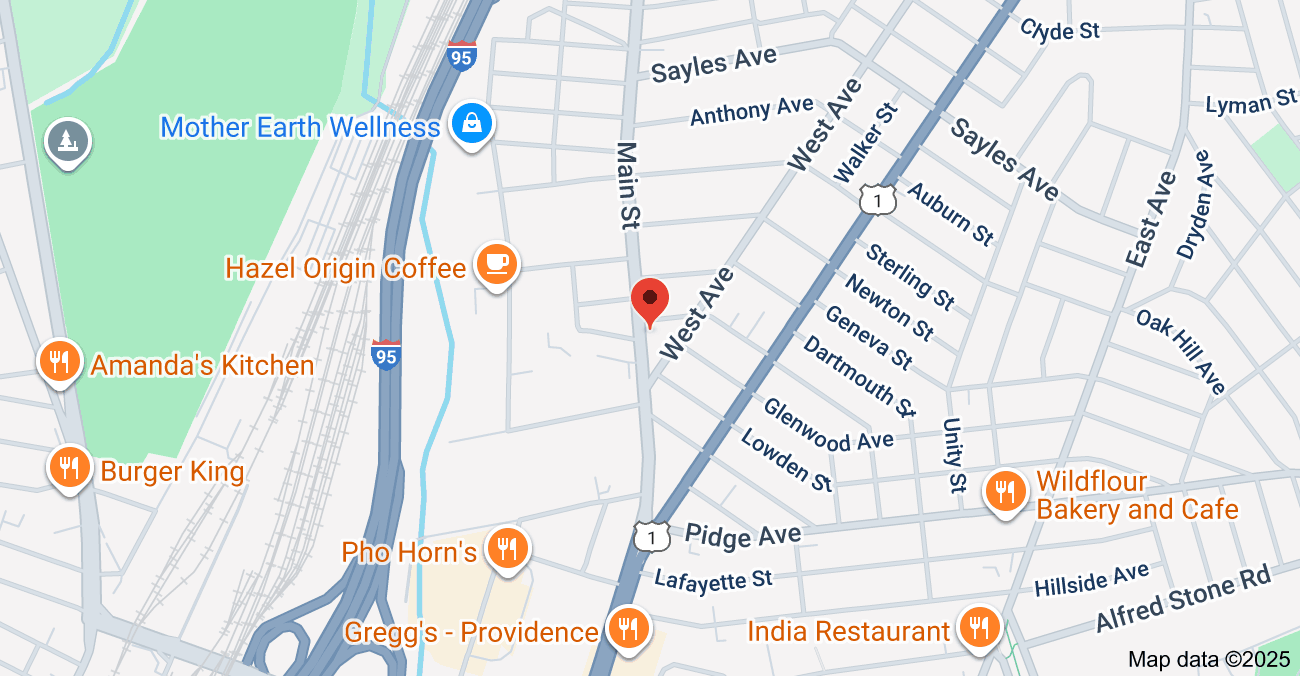 | Adult Behavioral ServicesAdult Behavioral Services is a private rehabilitation facility that specializes in treating individuals struggling with alcohol and drug addiction. The center focuses on providing comprehensive care for a variety of substance use disorders, including those with co-occurring mental health disorders.Key Features: 1. Comprehensive Treatment Options: Addiction Treatment: Offers tailored treatment programs for individuals facing various substance abuse challenges, ensuring personalized care based on individual needs. Co-Occurring Disorders: Provides integrated treatment for clients dealing with both substance use and mental health issues, addressing the complexities of dual diagnoses effectively. 2. Supportive Environment: Focus on Recovery: Creates a compassionate and supportive atmosphere that encourages individuals to engage in their recovery journey and develop healthy coping mechanisms. 3. Experienced Staff: Professional Care: Staffed by experienced professionals who are dedicated to helping clients navigate their recovery and achieve sustainable health and well-being. Conclusion: Adult Behavioral Services in Pawtucket, RI, is dedicated to providing effective and compassionate treatment for individuals struggling with addiction. With a focus on comprehensive care and support for co-occurring disorders, the center aims to empower clients on their path to recovery and lasting wellness. 1070 Main Street P, Pawtucket, RI 02862 | Levels of Care:outpatient Payment Options:Military Insurance Private Insurance Self-Pay Options Financial Aid | ||
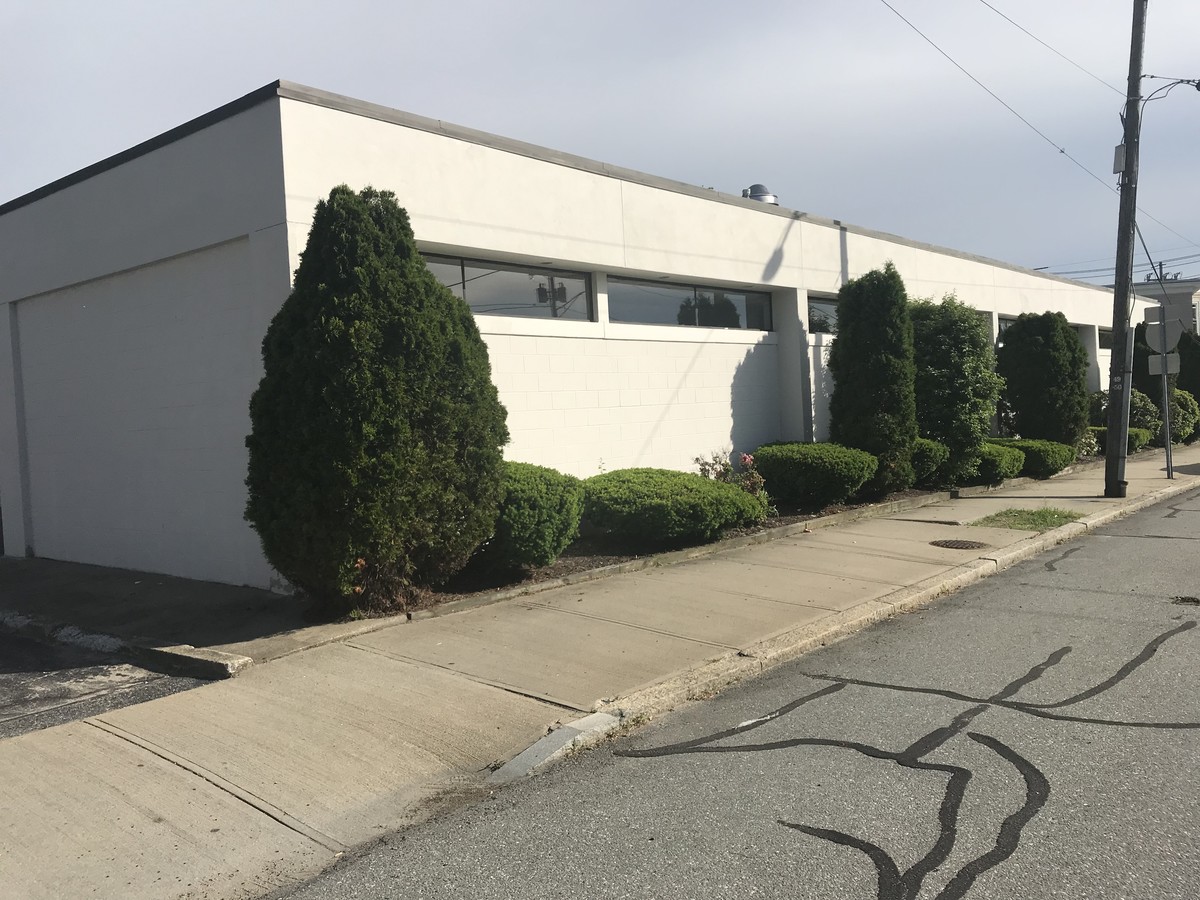 | Anchor Recovery Community CenterAnchor Recovery Community Center is a supportive community focused on assisting individuals in their recovery from addiction. The center is built on the belief in multiple pathways to recovery and is dedicated to fostering a sense of belonging and empowerment among its members.Key Features: 1. Peer Support: Community of Lived Experience: Anchor Recovery provides a network of peers who have experienced addiction and recovery themselves, offering understanding and encouragement to others on their journey. 2. Multiple Pathways to Recovery: Individualized Approaches: The center recognizes that recovery is not a one-size-fits-all process. Members are encouraged to explore various methods and strategies that resonate with them personally. 3. Meaningful Relationships: Building Connections: By fostering meaningful relationships within the community, members can create supportive networks that enhance their recovery experience. 4. Health and Wellness Activities: Holistic Approach: The center offers various health and wellness activities aimed at promoting overall well-being, helping members to develop healthier lifestyles. 5. Social Events: Community Engagement: Regular social events are organized to create a sense of community and belonging, allowing members to connect and share experiences in a supportive environment. 6. Community Outreach: Meeting People Where They Are: Anchor’s outreach teams work to engage with individuals in their own environments, providing resources and support to those who may be hesitant to seek help. Locations: Providence and Warwick: Anchor Recovery Community Centers are situated in both Providence and Warwick, making support accessible to a broader audience. Conclusion: Anchor Recovery Community Center is dedicated to supporting individuals in their recovery journeys through peer support, community engagement, and holistic wellness activities. By emphasizing multiple pathways to recovery, the center empowers members to find their unique path to a healthier, more fulfilling life. 310 Reservoir Ave, Providence, RI 02907 | Levels of Care:Inpatientoutpatient Payment Options:Military Insurance Private Insurance Self-Pay Options Financial Aid |  | |
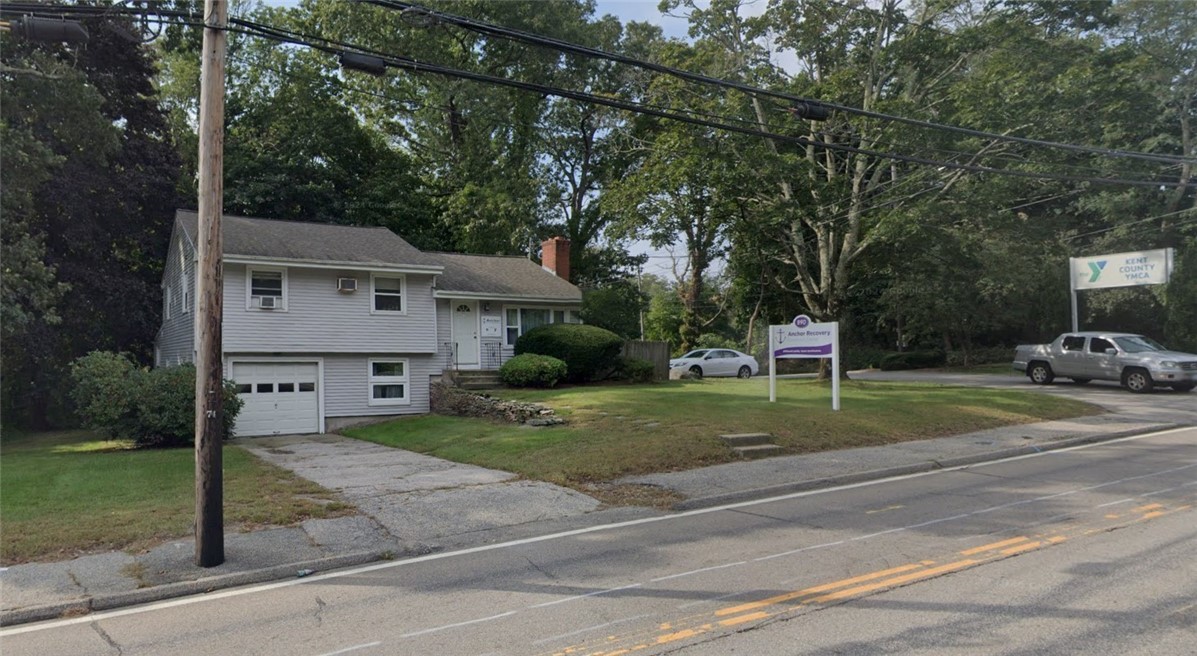 | Anchor Recovery IIAnchor Recovery II, located at 890 Centerville Rd, Warwick, RI 02886, provides comprehensive support for individuals seeking recovery from substance use disorders. The facility offers a range of services, including individualized treatment plans, counseling, and support groups tailored to meet the unique needs of each client. With a commitment to fostering a compassionate and supportive environment, Anchor Recovery II aims to empower individuals on their journey to recovery and help them build a foundation for lasting sobriety. Discover the resources available and take the first step toward a healthier, more fulfilling life. 890 Centerville Rd, Warwick, RI 02886 | Levels of Care:outpatientMedically Assisted Detox Payment Options:Medicaid Self-Pay Options Financial Aid Medicare | ||
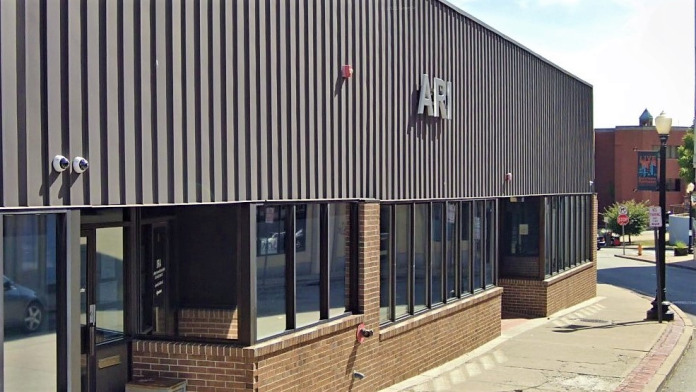 | Ari - Pawtucket, RIAri The Addiction Recovery Institute is dedicated to providing specialized addiction treatment services, focusing primarily on medication-assisted treatment (MAT) and outpatient programs. While it may not offer as many treatment options as some other facilities, it emphasizes a comprehensive approach to recovery that integrates medication management with behavioral therapies.Key Features: 1. Medication-Assisted Treatment (MAT): Opioid Dependence Treatment: Offers methadone or buprenorphine as part of its MAT program to assist individuals in overcoming opioid dependence. Whole Patient Approach: While medication management is a key component, patients are also engaged in behavioral therapies and counseling to address the psychological aspects of addiction. Flexible Length of Stay: The duration of participation in the MAT program is tailored to individual recovery needs, with some patients staying for a few weeks and others for multiple years. 2. Outpatient Treatment Program (OP): Licensed Counselors: The outpatient program is managed by licensed counselors who assess the needs of each individual and determine the length of treatment, typically ranging from six to twelve weeks. Counseling Options: Patients have the option to participate in both group and one-on-one counseling sessions, providing flexibility in how they engage with their treatment. Routine Toxicology Screenings: Individuals in the outpatient program are required to undergo routine toxicology screenings to support relapse prevention and long-term recovery. Conclusion: Ari The Addiction Recovery Institute in Pawtucket, RI, offers a focused and integrated approach to addiction recovery through its medication-assisted treatment and outpatient programs. By combining medication management with behavioral therapies, the center aims to support individuals in achieving sustainable recovery from substance use disorders. 31 N Union St, Pawtucket, RI 02860 | Levels of Care:12-StepoutpatientIntensive Outpatient (IOP)Medically Assisted Detox Payment Options:Military Insurance Private Insurance Self-Pay Options Medicaid Medicare |  | |
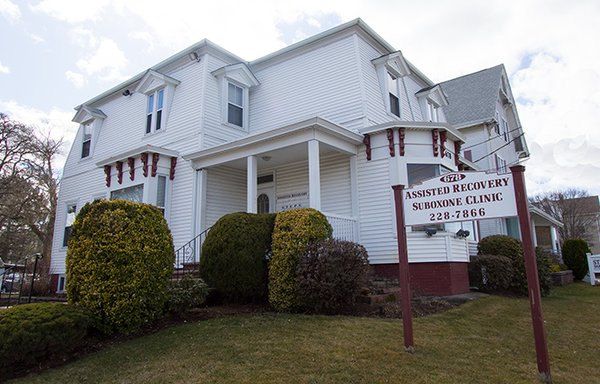 | Assisted RecoveryAssisted Recovery, LLC is a specialized treatment center dedicated to addressing opiate dependence. With a focus on providing high-quality care, the facility has established itself as a premier provider of Suboxone treatment, having successfully treated over 5,000 individuals since its inception.Key Features: 1. Specialization in Opiate Dependence: Focused Treatment: Dedicated exclusively to helping individuals struggling with opiate addiction, ensuring a deep understanding of the complexities involved. 2. Premier Suboxone Provider: Expertise: Recognized for its extensive experience and success in Suboxone treatment, offering a critical tool in managing opiate dependence. 3. Quality of Care: Personalized Attention: Known for the exceptional level of care provided to each client, with a strong emphasis on individualized treatment plans and support. Caring Approach: The staff, including physicians and support staff, are committed to taking the time to care for each client, creating a supportive and empathetic environment. 4. Understanding the Impact of Opiate Use: Awareness of Risks: Acknowledges the severe consequences of opiate use, including the risk of overdose and death, and emphasizes the importance of seeking help. 5. Client-Centered Philosophy: Long-Term Use Recognition: Engages clients in conversations about their history with opiates, recognizing that many have struggled with addiction for an average of 10 years or more. Conclusion: Assisted Recovery, LLC is committed to helping individuals reclaim their lives from opiate dependence through quality care and specialized treatment. With a focus on personalized support and a deep understanding of addiction, the center aims to provide clients with the tools necessary for successful recovery. 678 Park Ave, Cranston, RI 02910 | Levels of Care:outpatient Payment Options:Medicaid Private insurance Self-Pay Options Financial Aid Medicare Military Insurance |  | |
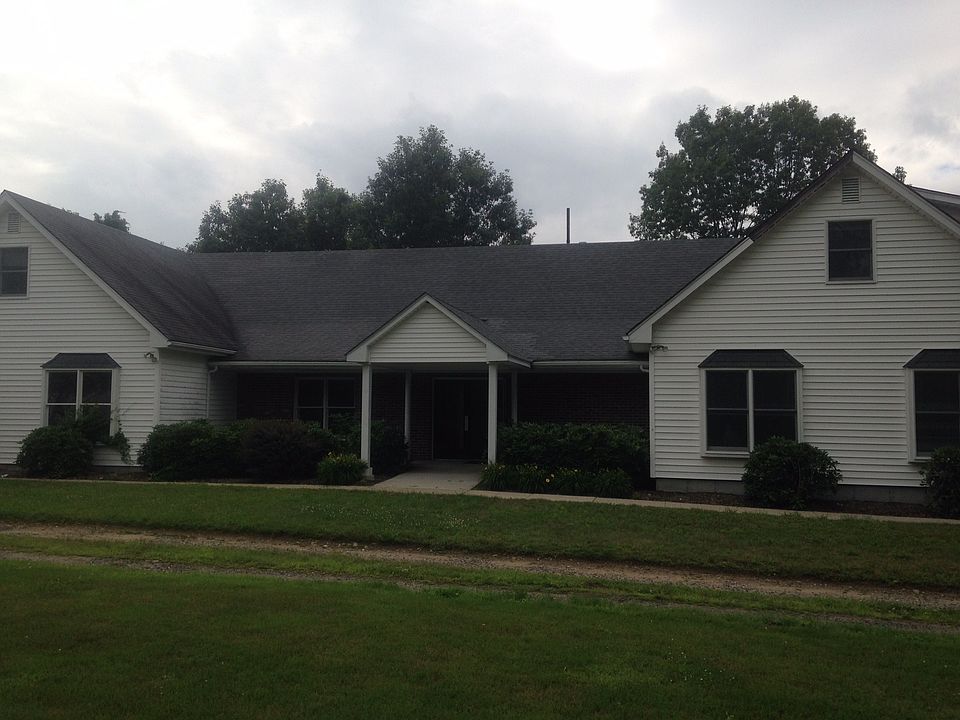 | Bailey AssociatesBailey Associates, located at 26 Hartford Pike, No DN, North Scituate, RI 02857, offers professional counseling services aimed at promoting mental health and personal growth. The team of experienced counselors provides personalized therapy and support to individuals facing a variety of challenges, including anxiety, depression, relationship issues, and life transitions. Bailey Associates is committed to creating a safe and compassionate environment where clients can explore their feelings, develop coping strategies, and work towards achieving their personal goals. Discover the supportive resources available at Bailey Associates and take the first step toward improved mental health. 26 Hartford Pike, No DN, North Scituate, RI 02857 | Levels of Care:outpatient Payment Options:Private Insurance Self-Pay Options | ||
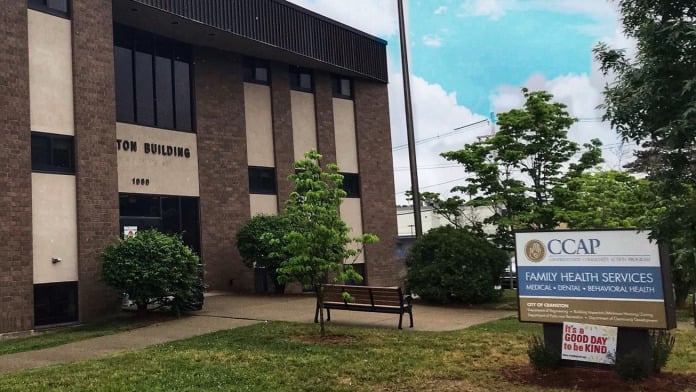 | Behavioral Health Services of CranstonBehavioral Health Services of Cranston, located at 1090 Cranston Street, Cranston, RI 02920, is dedicated to providing comprehensive mental health care to individuals and families in the community. The center offers a wide range of services, including therapy, counseling, and support programs designed to address various behavioral health challenges. With a focus on personalized care, the experienced team at Behavioral Health Services works collaboratively with clients to develop effective treatment plans that promote healing and well-being. Discover the resources available and take the first step towards a healthier mental state at Behavioral Health Services of Cranston. 1090 Cranston St, Cranston, RI 02920 | Levels of Care:outpatient Payment Options:Medicaid Private insurance Self-Pay Options Financial Aid Medicare Military Insurance | ||
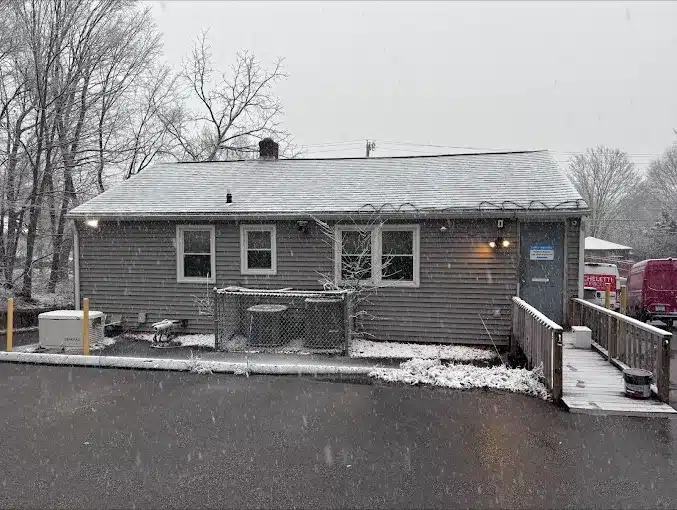 | BHG Johnston Treatment CenterBHG Johnston Treatment Center specializes in outpatient treatment for substance use disorders, particularly opioid addiction. They offer a range of services, including Medication-Assisted Recovery (MAR) with Suboxone and Methadone, as well as comprehensive addiction counseling.Key Services: 1. Medication-Assisted Recovery (MAR) with Suboxone: Suboxone Prescription: Patients receive FDA-approved Suboxone (buprenorphine) to support their recovery. Includes medical screenings and assessments. Options for virtual or in-person counseling sessions. 2. Addiction Counseling: Cognitive Behavioral Therapy (CBT): Individual, group, and family counseling formats help patients address cravings and learn to manage stress and triggers without resorting to drugs. 3. Medication-Assisted Recovery (MAR) with Methadone: Methadone Treatment: Offers the gold standard in outpatient treatment supported by FDA-approved methadone. Patients can dose at any BHG treatment center and earn take-home privileges once stabilized. Safe for pregnant patients, with virtual or in-person counseling sessions included. Getting Started: BHG Johnston Treatment Center understands the challenges many face when seeking treatment. Here are some common concerns they address: Affordability: BHG accepts Medicaid and Medicare, with additional coverage options potentially available. Underlying Health Issues: Many individuals with opioid use disorder may have co-occurring conditions like depression. Counselors work to diagnose and treat these issues for holistic healing. Disruption to Daily Life: Their flexible outpatient program allows patients to maintain their daily lives while receiving treatment, ensuring privacy and anonymity. Fear of Withdrawal: Personalized recovery plans incorporate medication-assisted recovery and counseling to ensure safe and effective withdrawal. Conclusion: BHG Johnston Treatment Center provides comprehensive outpatient treatment for individuals struggling with opioid addiction, utilizing both medication-assisted recovery and counseling to support long-term recovery. Their personalized approach aims to address the unique challenges each patient faces, fostering a supportive environment for healing. 985 Plainfield St, Johnston, RI 02919 | Levels of Care:outpatientMedically Assisted Detox Payment Options:Military Insurance Private Insurance Self-Pay Options Financial Aid | 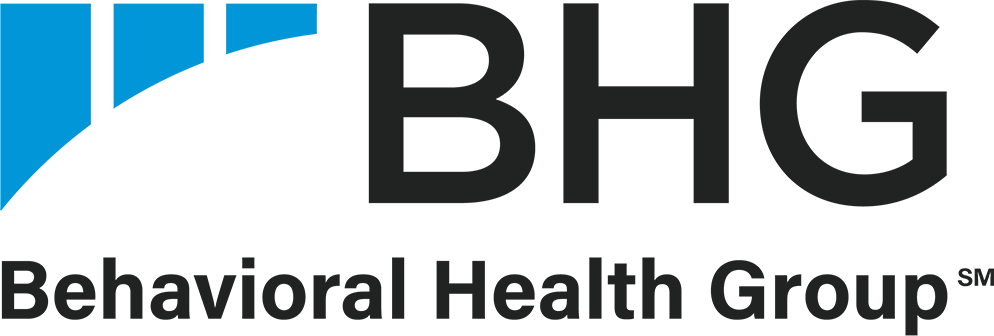 | |
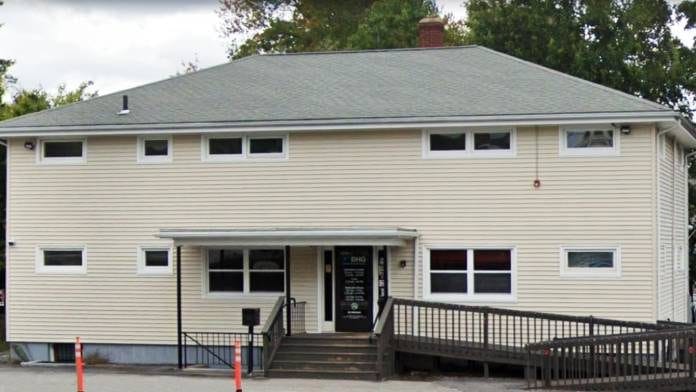 | BHG Pawtucket Treatment CenterBHG Pawtucket Treatment Center is a dedicated alcohol and drug rehabilitation facility that offers specialized services for individuals struggling with opioid use disorder and alcoholism. The center provides outpatient treatment, focusing on medication-assisted treatment (MAT) to support clients in their recovery journey.Key Features: 1. Outpatient Addiction Treatment: Targeted Services: Designed for men and women experiencing issues related to opioid use and alcohol dependence. Individualized Treatment Plans: Each client receives a personalized treatment plan developed during the intake and assessment process. This ensures that the treatment path aligns with the individual’s specific needs and circumstances. 2. Medication-Assisted Treatment (MAT): FDA-Approved Medications: Utilizes scientifically backed medications to help manage withdrawal symptoms and cravings, facilitating the detoxification process. Combination with Mental Health Therapy: Mental health therapy is integrated into the treatment program to help clients address unresolved emotions, develop relapse prevention strategies, and build new coping skills. 3. Therapeutic Engagement: Individual and Group Therapy: Clients participate in both individual therapy sessions and group therapy, fostering a supportive environment for recovery and personal growth. 4. Insurance and Accreditation: Insurance Acceptance: BHG Pawtucket accepts most major medical insurance plans, making treatment accessible to a broader range of individuals. Accreditation: The facility is accredited by CARF (Commission on Accreditation of Rehabilitation Facilities) and The Joint Commission, ensuring adherence to high standards of care. Conclusion: BHG Pawtucket Treatment Center provides comprehensive outpatient addiction treatment with a strong emphasis on medication-assisted recovery and mental health support. By tailoring treatment plans to individual needs and incorporating evidence-based practices, the center aims to empower clients on their path to lasting recovery from substance use disorders. 82 Pond St, Pawtucket, RI 02860 | Levels of Care:outpatientMedically Assisted Detox Payment Options:Military Insurance Private Insurance Self-Pay Options Financial Aid | 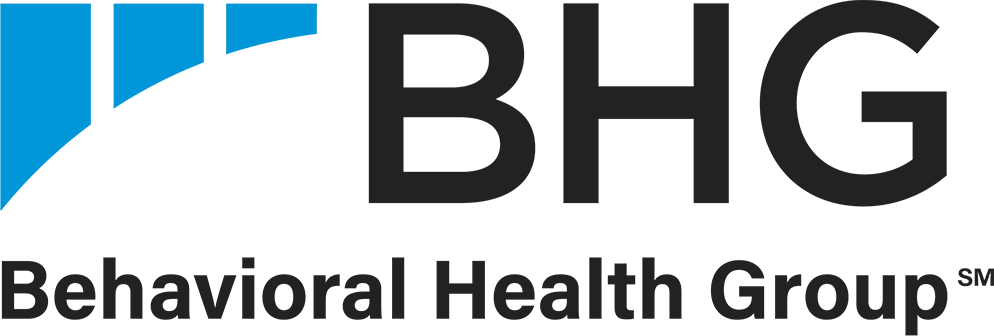 | |
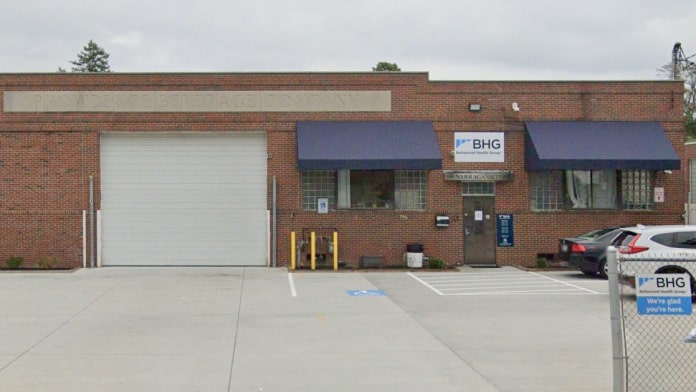 | BHG Providence Treatment CenterBHG Providence Treatment Center utilizes a holistic recovery model that integrates medication with various therapeutic approaches. The center emphasizes the psychological aspects of addiction and aims to guide individuals toward sustainable recovery through comprehensive treatment strategies.Key Features: 1. Holistic Recovery Model: Medications and Therapy: Combines medication with therapeutic interventions to address the multifaceted nature of addiction. 2. Cognitive Behavioral Therapy (CBT): Therapeutic Approaches: Addiction counselors utilize CBT in individual, group, and family settings to help patients manage stressors and triggers without resorting to substance use. 3. Group Therapy Sessions: Peer Support: Facilitates group therapy sessions where patients can connect, share experiences, and support one another, fostering a sense of community. 4. Family Counseling: Involvement of Family: Recognizes the importance of family dynamics in recovery and provides counseling aimed at rebuilding trust and communication among family members. 5. Urban Accessibility: Convenient Location: Situated in an urban environment, the center offers easy access for residents of Providence and the surrounding areas, creating a safe and supportive space for recovery. 6. Insurance and Payment Options: Wide Range of Accepted Insurances: Accepts Medicaid, Medicare, military insurance, private health insurance, and other state-financed health plans (excluding Medicaid). Self-pay options are also available. 7. Positive Patient Feedback: Compassionate Care: Patients have praised the professionalism and compassion of the staff, highlighting the supportive atmosphere and the genuine concern for their recovery and well-being. Conclusion: BHG Providence Treatment Center is dedicated to providing a holistic and supportive approach to addiction recovery. With a focus on therapy, family involvement, and a compassionate atmosphere, the center strives to empower individuals on their journey to lasting recovery. 160 Narragansett Ave, Providence, RI 02907 | Levels of Care:outpatientIntensive Outpatient (IOP)Aftercare SupportMedically Assisted Detox Payment Options:Military Insurance Private Insurance Self-Pay Options Medicaid Medicare Financial Aid | 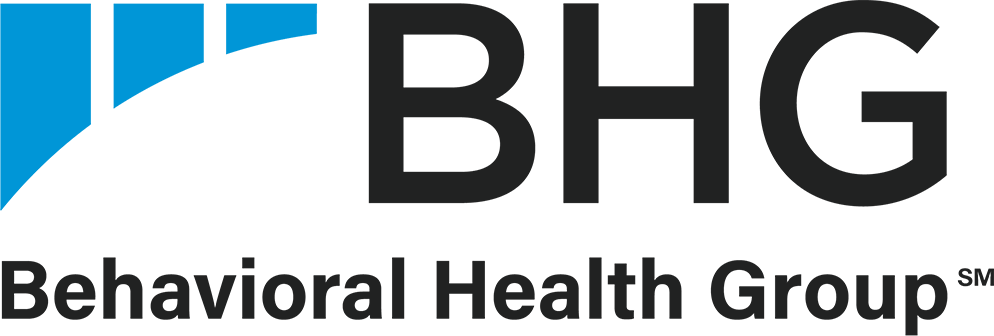 | |
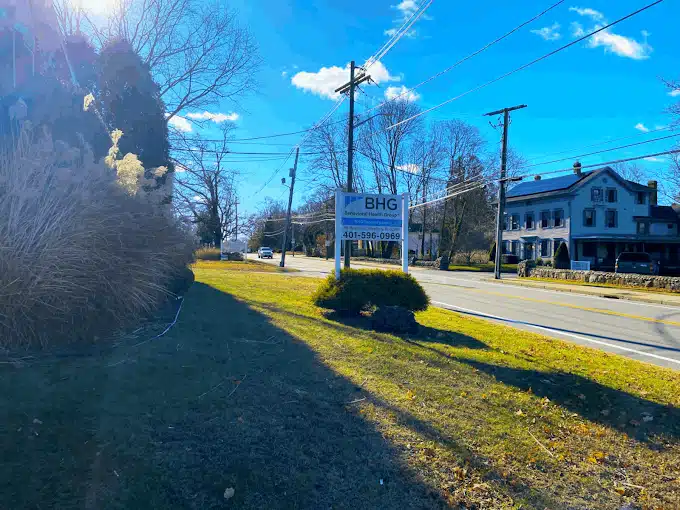 | BHG Westerly Treatment CenterBHG Westerly Treatment Center is dedicated to providing comprehensive treatment for individuals struggling with substance use disorders. They offer a range of outpatient services designed to support recovery and promote overall wellness in a compassionate and supportive environment.Key Features: 1. Comprehensive Services: Substance Use Disorder Treatment: Focuses on addressing various substance use disorders, including opioid addiction, alcohol dependence, and other substance-related issues. 2. Medication-Assisted Treatment (MAT): Effective Recovery Support: Offers medication-assisted treatment options to help manage withdrawal symptoms and cravings, making it easier for individuals to focus on their recovery. 3. Individualized Care Plans: Personalized Approach: Develops individualized treatment plans that cater to the specific needs and goals of each client, ensuring a tailored approach to recovery. 4. Counseling and Support: Therapeutic Support: Provides individual and group counseling sessions led by trained professionals to help clients understand their addiction, develop coping strategies, and build a support network. 5. Focus on Wellness: Holistic Approach: Emphasizes overall wellness, including mental health support, to foster a balanced recovery journey. 6. Accessibility: Flexible Care Options: Offers flexible scheduling and support to accommodate clients\' needs, making it easier for individuals to access the care they require. Conclusion: BHG Westerly Treatment Center is committed to helping individuals overcome substance use disorders through compassionate, evidence-based treatment. Their focus on personalized care and comprehensive support aims to empower clients to achieve long-term recovery and improve their quality of life. 86 Beach St, Westerly, RI 02891 | Levels of Care:outpatientIntensive Outpatient (IOP)Aftercare Support Payment Options:Military Insurance Private Insurance Self-Pay Options Financial Aid | 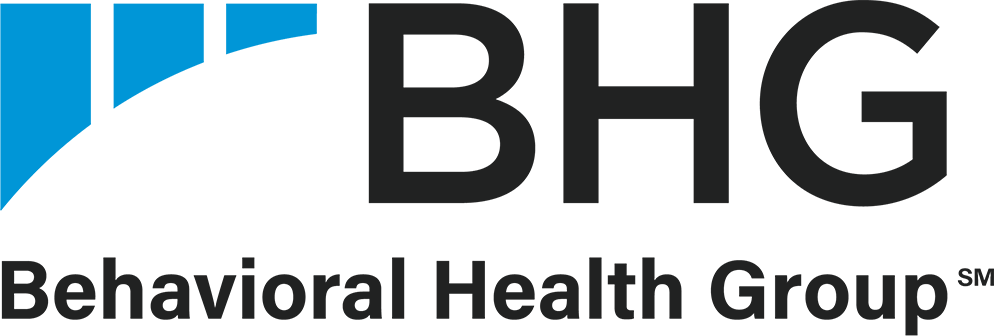 | |
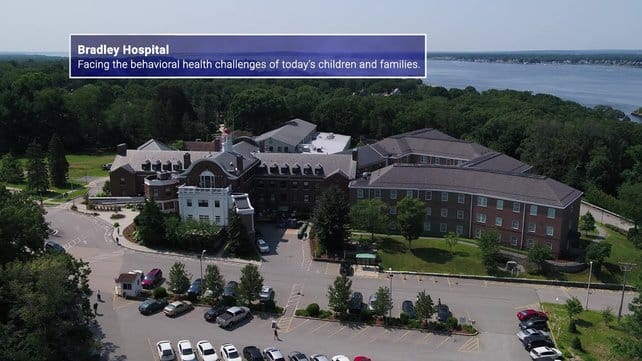 | Bradley HospitalBradley Hospital is a leading psychiatric hospital that specializes in the treatment of children and adolescents with mental health issues. As part of the Lifespan health system, it is dedicated to providing comprehensive and compassionate care for individuals facing a range of psychiatric disorders.Key Features: 1. Specialized Programs: Child and Adolescent Services: Focuses on the unique mental health needs of children and adolescents, offering tailored treatment plans that address various psychiatric conditions. Inpatient and Outpatient Care: Provides both inpatient and outpatient services, ensuring that patients receive the appropriate level of care based on their individual needs. 2. Evidence-Based Treatment: Therapeutic Approaches: Utilizes evidence-based practices, including individual and group therapy, medication management, and family therapy, to support recovery and promote mental well-being. 3. Family Involvement: Support for Families: Engages families in the treatment process, offering resources and support to help them understand and navigate their loved one’s mental health challenges. 4. Research and Education: Commitment to Advancements: Involved in research and educational initiatives aimed at improving mental health care for children and adolescents, contributing to advancements in the field of psychiatry. Conclusion: Bradley Hospital in East Providence, RI, is a key resource for mental health treatment for children and adolescents. With a commitment to evidence-based practices and family involvement, the hospital strives to provide comprehensive care that supports the well-being and recovery of its patients. 1011 Veterans Memorial Pkwy, Riverside, RI 02915 | Levels of Care:Inpatientoutpatient Payment Options:Military Insurance Private Insurance Self-Pay Options Financial Aid | ||
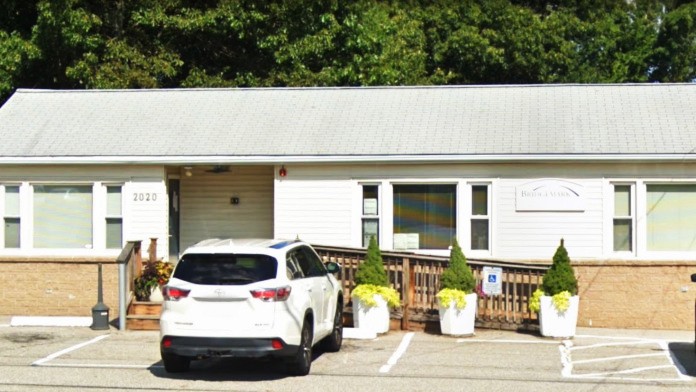 | Bridgemark Addiction Recovery ServicesBridgemark Recovery, located at 2020 Elmwood Ave, Warwick, RI 02888, offers specialized addiction treatment services designed to support individuals on their journey to recovery. With a focus on personalized care, Bridgemark provides a range of evidence-based programs, including detoxification, residential treatment, and outpatient services. The compassionate team of professionals is dedicated to creating a safe and nurturing environment where clients can confront their challenges, develop coping strategies, and build a foundation for lasting recovery. Explore the transformative resources at Bridgemark Recovery and take the first step towards a healthier, addiction-free life. 2020 Elmwood Ave, Warwick, RI 02888 | Levels of Care:InpatientoutpatientMedically Assisted Detox Payment Options:Medicaid Private insurance Self-Pay Options Financial Aid Military Insurance | ||
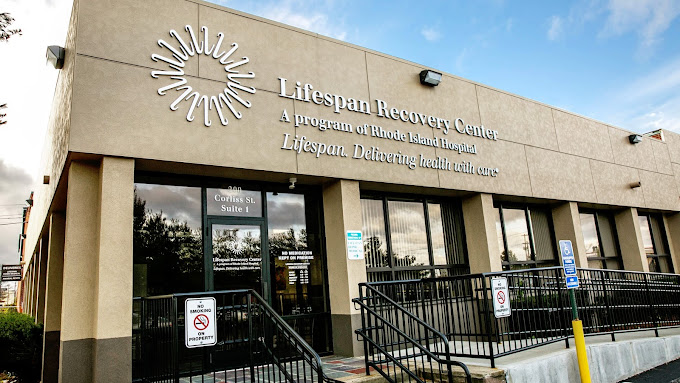 | Brown University Health Recovery CenterThe Brown University Health Recovery Center is an appointment-based addiction treatment center dedicated to supporting adults in Providence, Rhode Island. The center caters to individuals who are new to treatment, as well as those who have completed detox and inpatient recovery programs. They also assist clients looking to transition from methadone programs.Key Features: 1. Comprehensive Treatment Approach: Dual Diagnosis Support: Recognizes that mental health and substance use disorders often occur simultaneously, providing integrated care that addresses anxiety, depression, mood swings, and addiction. 2. Quick Access to Care: Timely Support: Aims to provide prompt access to the necessary resources for recovery, ensuring clients receive help when they need it most. 3. Holistic Recovery Strategies: Physical and Behavioral Support: Focuses on rebuilding physical strength through nutrition and exercise, while also addressing behavioral aspects through counseling and therapy. 4. Medication-Assisted Treatment (MAT): Opiate Addiction Support: For those using opiates, the center offers medications like Suboxone to manage withdrawal symptoms and cravings, facilitating a smoother recovery process. 5. Group Support: Peer Support Groups: Facilitates group meetings that provide a vital support network, allowing clients to share experiences and encourage one another. 6. Access to Additional Services: Integrated Healthcare: Being part of a hospital allows for quick access to other medical, behavioral, or mental health services, providing a comprehensive care experience. Testimonials: Many clients report long-term positive experiences, highlighting improvements in their lives, including rebuilding relationships with family and becoming positive role models for their children. Conclusion: The Brown University Health Recovery Center is committed to providing a comprehensive and compassionate approach to addiction treatment. With a focus on holistic recovery, medication assistance, and integrated healthcare, the center aims to empower individuals to reclaim their lives and achieve long-term sobriety. 200 Corliss St, Providence, RI 02904 | Levels of Care:InpatientoutpatientMedically Assisted Detox Payment Options:Military Insurance Private Insurance Self-Pay Options Financial Aid | ||
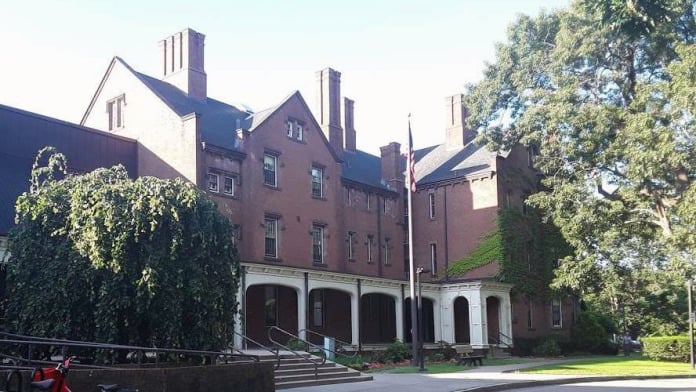 | Butler HospitalButler Hospital, located at 345 Blackstone Boulevard, Providence, RI 02906, is a renowned center for mental health and addiction treatment. With a legacy of excellence spanning over a century, the hospital offers a comprehensive range of services, including inpatient care, outpatient therapy, and specialized programs tailored to the unique needs of individuals and families. The compassionate team at Butler Hospital is dedicated to providing evidence-based, cutting-edge treatments that empower clients to overcome their challenges and achieve lasting recovery. Discover the transformative resources available at this esteemed institution and take the first step towards improved mental health and well-being. 345 Blackstone Blvd, Providence, RI 02906 | Levels of Care:InpatientoutpatientMedically Assisted Detox Payment Options:Medicaid Private insurance Self-Pay Options Financial Aid Medicare Military Insurance |  |
Find Rhode Island drug rehabs in cities near you or sort by letter.
For anyone seeking help for addiction for themselves or a loved one calls to Addiction Helpline America are completely confidential and available 24/7.
Please note: any treatment center listed on our site that receives calls is a paid advertiser.
Calls to a specific treatment center’s listing will be connected directly to that center.
Calls to our general helpline will be answered by treatment providers, all of whom are paid advertisers.
By calling the helpline, you agree to our terms and conditions. These calls are free of charge and carry no obligation to enter treatment. Neither Sober Steps nor anyone answering your call receives a commission or fee based on your choice of treatment provider.
If you’d like to explore additional treatment options or connect with a specific rehab center, you can browse our top-rated listings, visit our homepage, or call us at (844) 561-0606. You may also contact us for further assistance.
Calls to any general helpline will be answered or returned by one of the treatment providers listed, each of which is a paid advertiser:
Our helpline is available 24 hours a day, 7 days a week at no cost to you and with no obligation for you to enter into treatment. We are committed to providing support and guidance whenever you need it.
In some cases, Addiction Helpline America charges our verified partner a modest cost per call. This fee helps us cover the costs of building and maintaining our website, ensuring that we can continue to offer this valuable service to those in need.